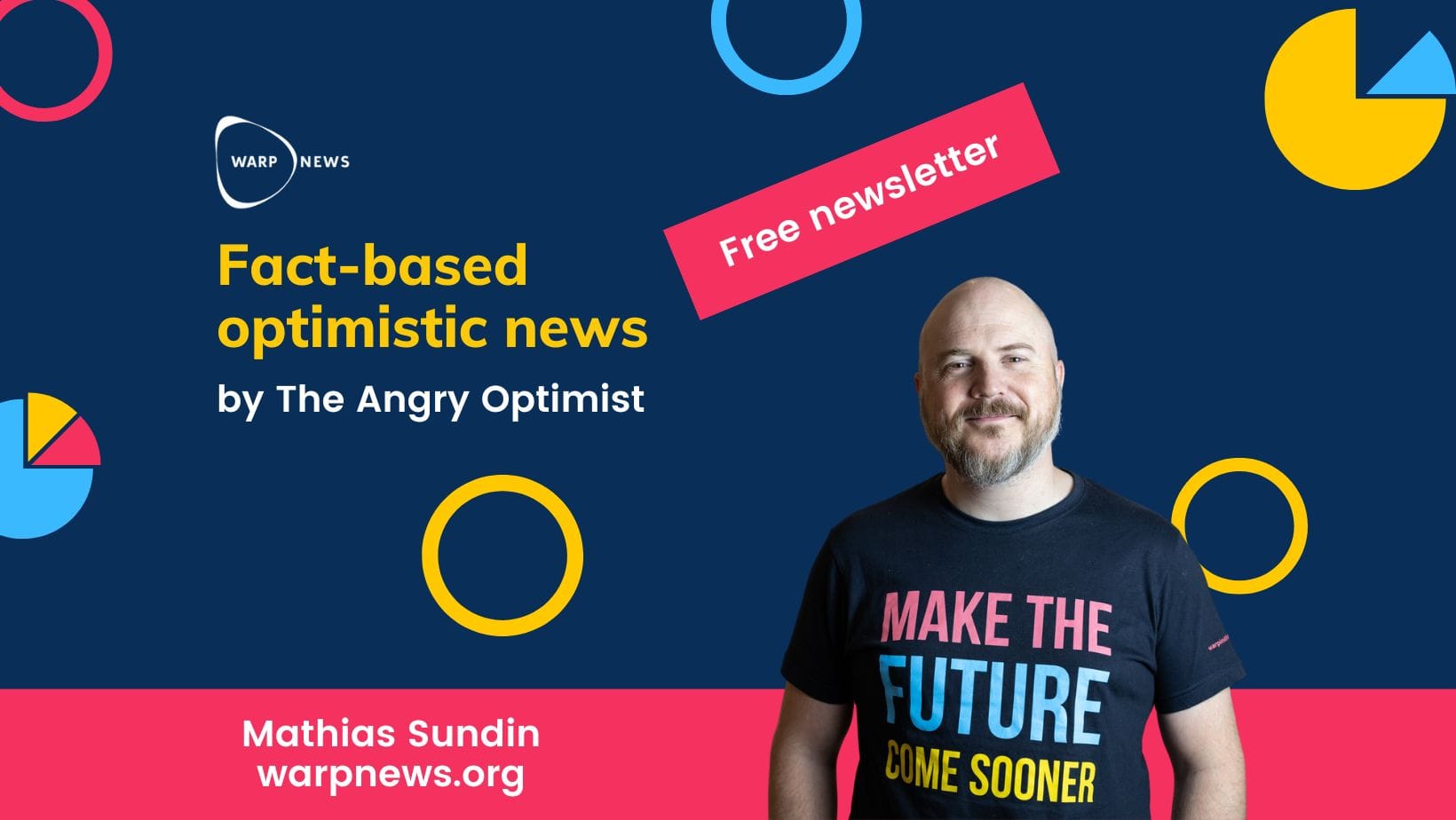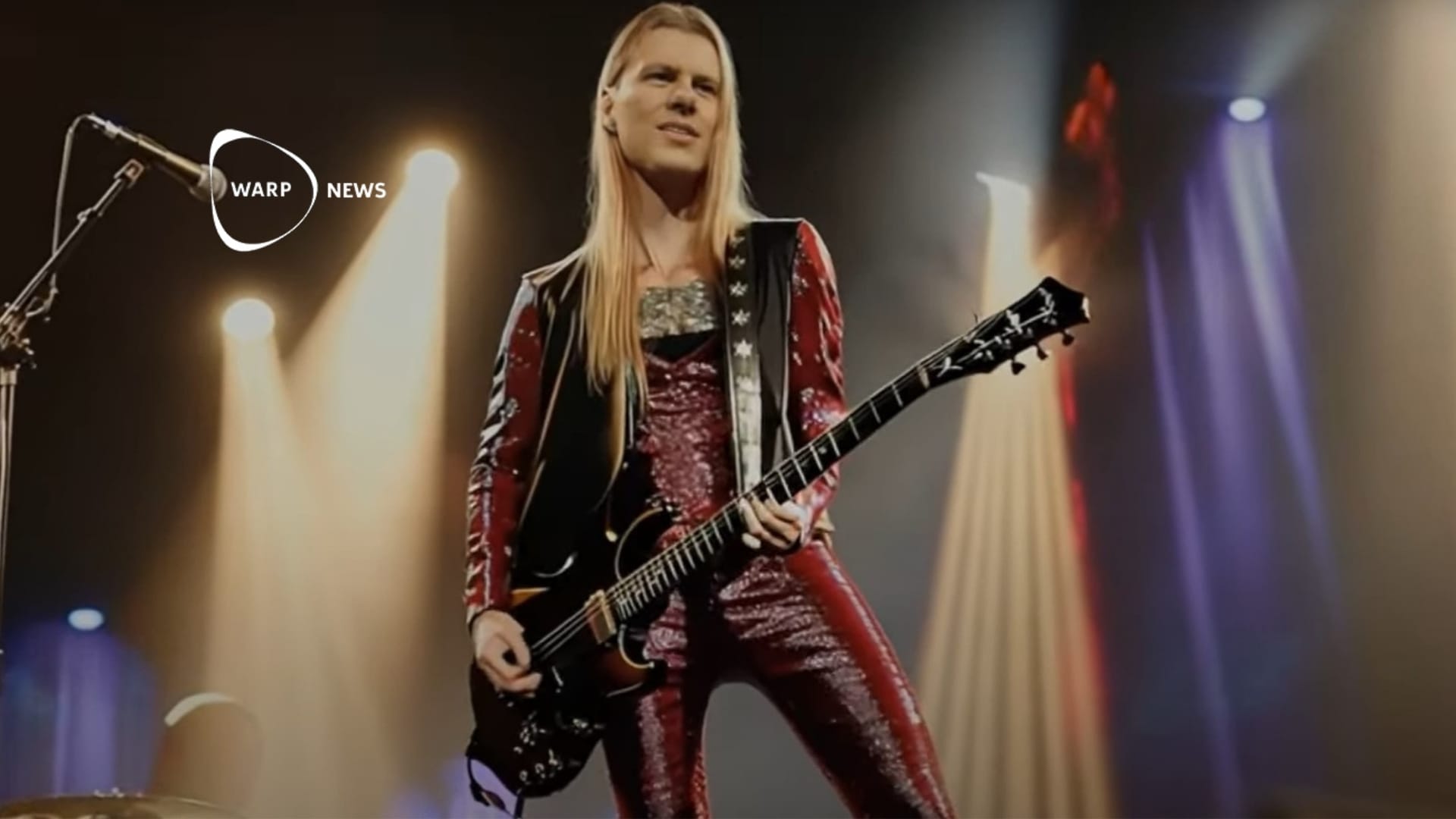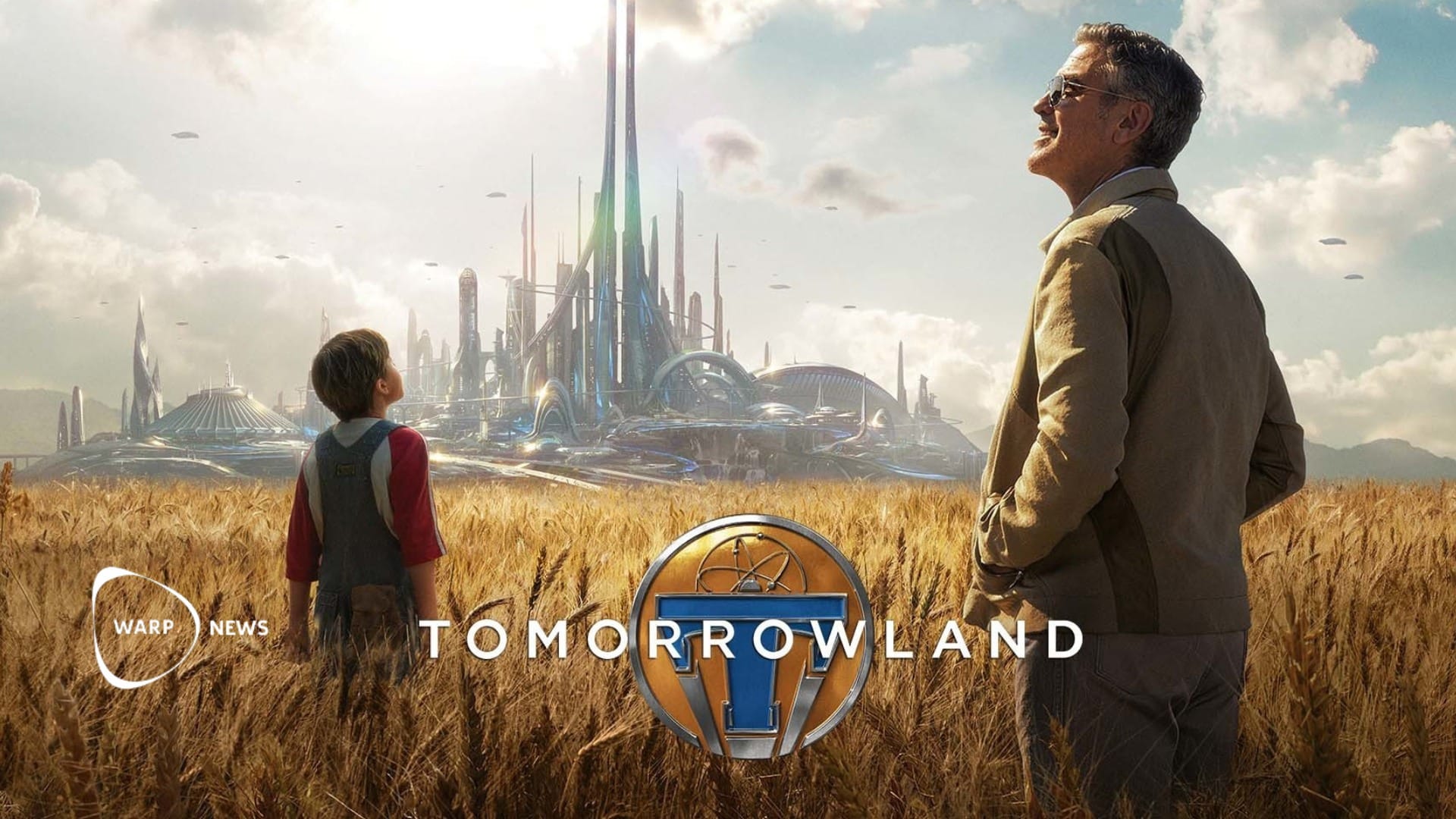
🧬 First CRISPR treatment is now being given to patients
The first treatment using CRISPR technology has begun being administered to patients with sickle cell disease and beta-thalassemia. Patients do not produce healthy hemoglobin. Casgevy uses CRISPR to modify the patient's own cells so they produce healthy hemoglobin.
🦟 New malaria vaccine delivered directly through mosquito bites
Scientists have developed a new method to vaccinate against malaria by letting genetically modified malaria parasites transfer via mosquito bites. The method provided 89 percent protection against malaria in the initial study.
🧮 Google's quantum computer performs calculation in 5 minutes that would take longer than the universe's existence for a supercomputer
Google's new quantum computer solved a calculation in five minutes that would take longer than the universe's existence to solve with a regular supercomputer. The time it would take the supercomputer to do the calculation is nearly a million billion times longer than the age of the universe.
⛰️ AI help discover 303 new geoglyphs in Peru
Scientists have found 303 previously unknown geoglyphs in the Nazca desert using artificial intelligence and drones. The AI technology could filter out 98 percent of the image material and identify potential geoglyphs with high precision.
🔋 Battery prices for electric cars continue to drop during 2024
Average battery prices decreased by 20 percent to $115 per kilowatt hour during 2024. Battery cells fell even more, by 30 percent to $78 per kilowatt hour. Electric car batteries for passenger cars fell below $100 per kilowatt hour for the first time.
⚡ Ukraine builds renewable energy during war: "Difficult to destroy"
Ukraine's largest private energy company, DTEK, has rebuilt solar power plants in seven days after Russian attacks, compared to three to four months for thermal power plants. Decentralized power generation is much more resistant and difficult to destroy, than centralized.
🚜 Solar cells transform agriculture in Pakistan
Pakistani farmers reduce their energy costs by up to 80 percent by installing solar panels for irrigation. 95 percent of farmland in the Lahore area has switched to solar power.
💣 Historic clearing of ammunition from the Baltic Sea floor
SeaTerra initiates a groundbreaking effort to clear 1.5 million tons of World War II ammunition from the Baltic Sea floor. The company uses the advanced underwater robot Norppa 300 that can work at 300 meters depth around the clock.
💡 Warp News #260
🌳 Forests can naturally regrow in area larger than Saudi Arabia. 🐕 New project to eradicate rabies in over 50 low-income countries. 🔋 Stores are starting to profit from EV charging stations.
🌳 Forests can naturally regrow in area larger than Saudi Arabia, new study shows
Tropical forests can naturally regrow on 215 million hectares of land without trees needing to be planted. If all identified areas were reforested, it would sequester 23.4 billion tons of carbon dioxide over 30 years.
📚 The best books I read in 2024
From over a hundred books read, here is my list of this year’s best reads.
🐕 New project to eradicate rabies in over 50 low-income countries
More than 50 low-income countries can now apply for financial support from Gavi for rabies vaccines and cold storage. North and South America have reduced rabies cases by over 95 percent through dog vaccination.
🦾 Robots learn through self-training and human interaction
DeepMind develops robots that become more skilled by training against both humans and other robots. Researchers are now working towards a future where a single artificial intelligence can control different types of robots.
🚰 Major increase in access to clean water and sanitation in China
Access to safe water in China has increased from 45.7 percent to 91.3 percent between 2000 and 2020. In urban areas, over 95 percent of households now have access to clean water, while rural areas reach 82.4 percent.
🕺 He created a low-cost AI music video for Eurovision, with 94% lower energy consumption
Filmmaker Matthew Blakemore created the video for just $800, using AI tools for music, sound effects, and visual content. The video includes over 35 references to Eurovision Song Contest and showcases how AI can enable content creation with limited resources.
📚 Top Reads
We're honored to present these top reads from world-class writers, who contribute to Warp News because they believe in our mission of spreading fact-based optimism all over the world.
🆙 Warp Levels - an idea to level up humanity
Humanity is doing the high jump without a bar. We have no goal. With Warp Levels, we determine what the next level for humanity should contain, so we can level up and make progress faster.
📚 Kevin Kelly: Focus on the biggest opportunities, not the biggest problems
We talk about some of the 450 advice in his new book, but also about his new project: Protopia - the hundred-year desirable future. And Kevin Kelly give advice for how Warp News should grow faster: "Wrap it around people and their dreams."
💡 A new mindset for humanity can impact billions of people now and in the future
If we succeed in giving humanity more optimism about the future, it will not only affect those living now but also all generations and billions of people who will live in the future.
💰 Wall Street legend: “Pessimists sound smart – optimists make money”
Jim O'Shaughnessy is a legendary investor on Wall Street. He shares what he thinks is the biggest opportunity for the future and explains how the world is going through a great reshuffle.
🔋 Northvolt and the benefit of understanding the future
The story of Peter Carlsson and Northvolt teaches us two lessons: You need to understand the future to see all the possibilities, and you must be a fact-based optimist to grab them.
💡 David Deutsch: Optimism, Pessimism and Cynicism
With so much progress in the world, how can pessimism still be widespread? It is because of cynicism, denying that “so-called-progress” is progress, argues David Deutsch, professor at Oxford University and one of the world's leading intellectuals on optimism.







































